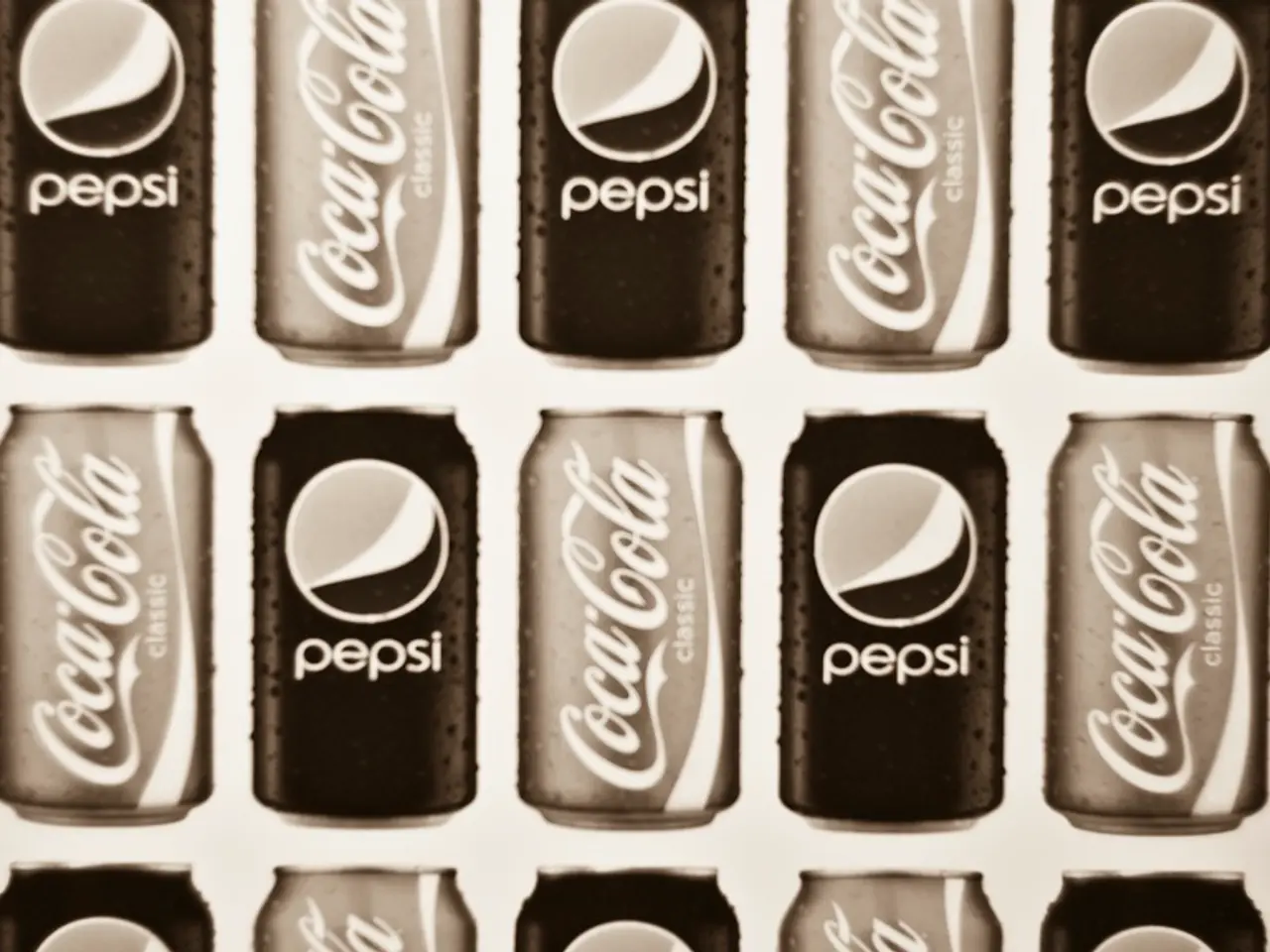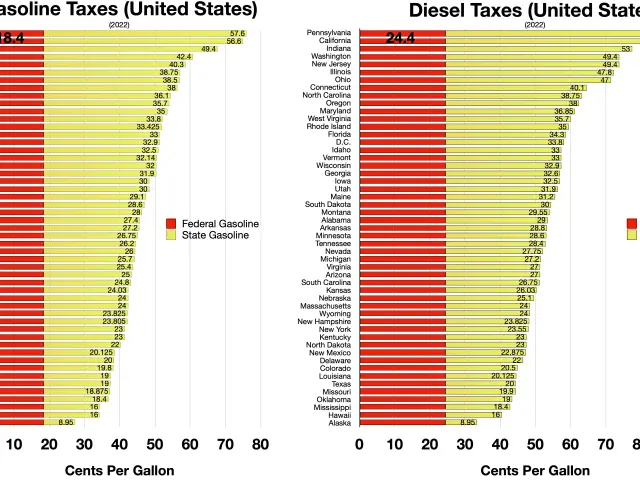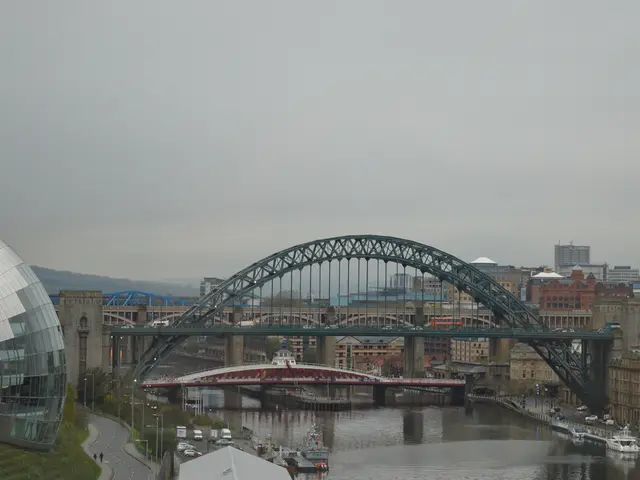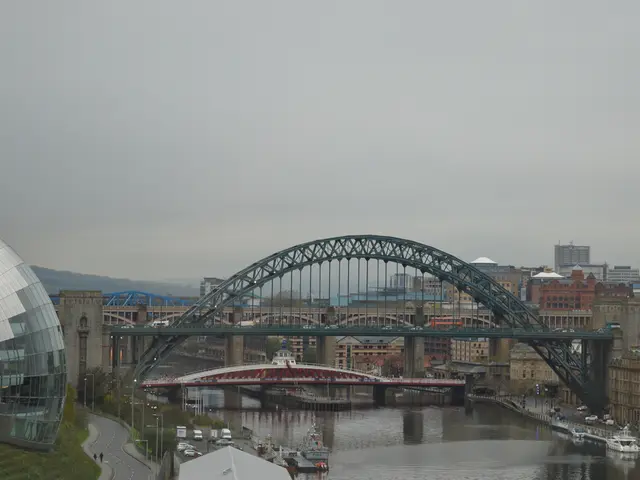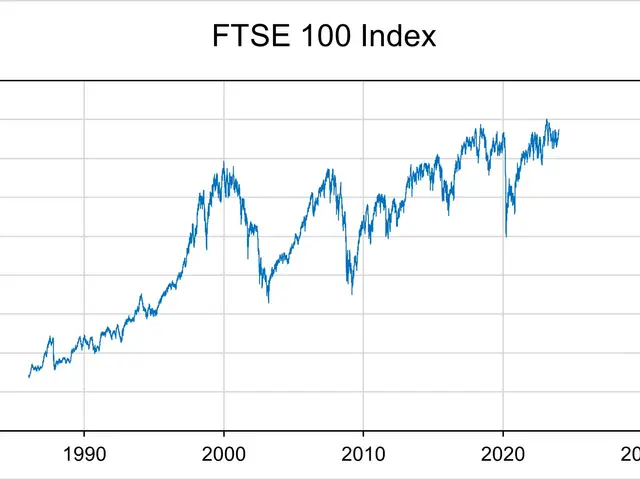Europe's Chemicals Industry Faces Closures, Job Losses Amidst Carbon Leakage Threat
The European chemicals industry faces significant challenges, with plant closures, job losses, and a looming threat of carbon leakage due to cheaper, higher-emission imports from China. Ineos, a major player, has warned of Europe's risk of offshoring emissions and losing competitiveness in decarbonisation efforts.
The global chemicals industry's overcapacity has led to a downturn expected to last until the early 2030s. Meanwhile, the EU's decarbonisation drive could accelerate carbon leakage if cleaner domestic production is displaced by higher-emission imports, particularly from China. Chinese imports, produced using coal, emit up to eight times more CO2 than equivalent UK products.
Ineos has already felt the impact, cutting 60 jobs at its Hull acetyls plant due to high energy costs and what it terms 'carbon-heavy dumping' from China. The UK and EU chemicals sector is grappling with a wider structural crisis, with up to 40% of the EU's ethylene capacity at high or medium risk of closure, according to Wood Mackenzie. China's chemical industry expansion has also led to plant closures in Asia and restructuring in South Korea.
The European Commission has pledged support for domestic production of strategic chemicals and state aid for modernisation. Ineos, for its part, has invested £30m in a hydrogen conversion project at its Hull site, reducing emissions by around 75%. However, without trade protection, Europe risks offshoring CO2 emissions and losing competitiveness in decarbonisation, as warned by Ineos.
